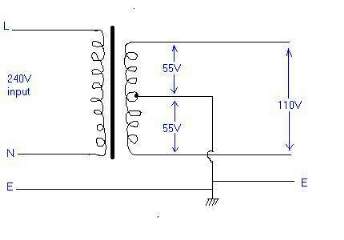Phil Pascoe
Established Member
Is there any reason other than site safety why 110v is better than 240v? I suppose it makes your power tools a little less stealable (more difficult to sell on) and a bit more traceable maybe, but can anyone think of any other reason?

































